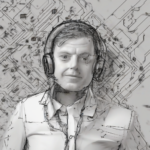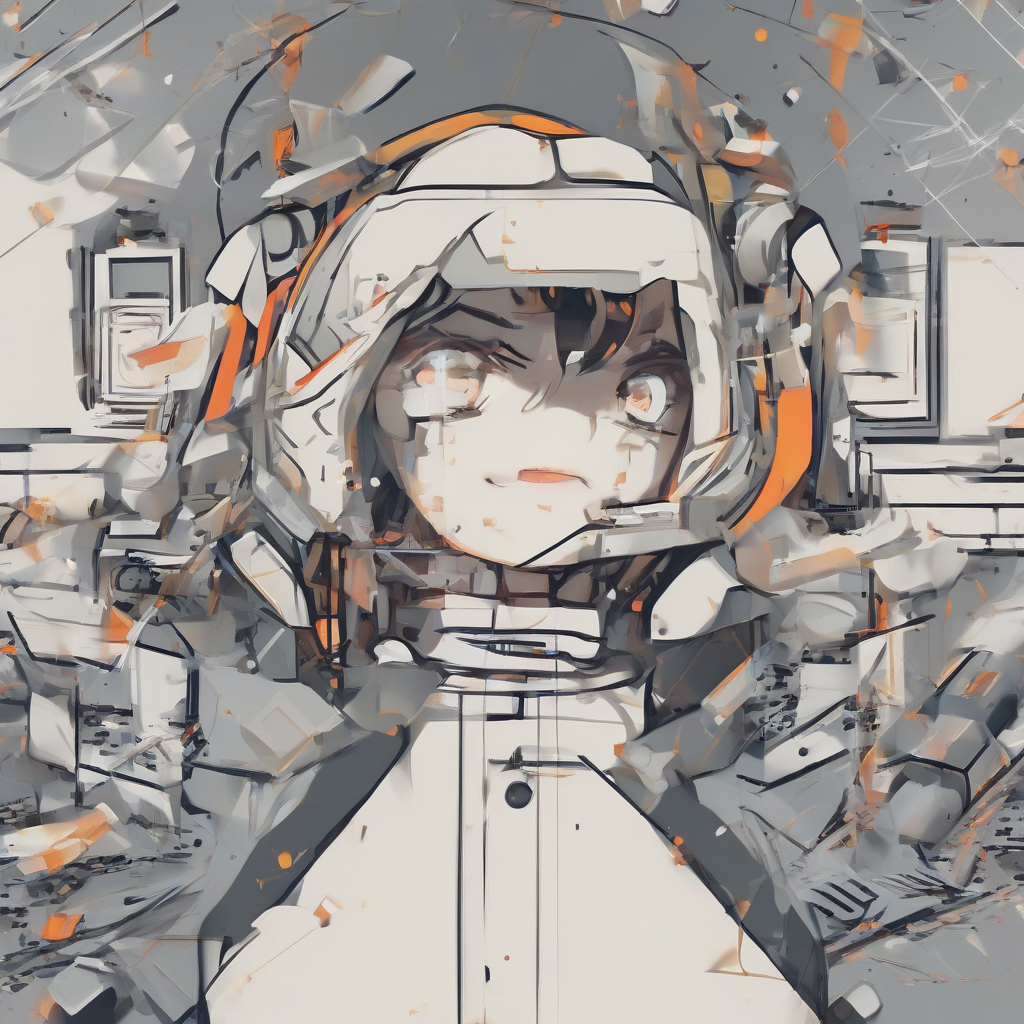The Journey of a Doctor: A Comprehensive Guide to Medical Education
Becoming a doctor is a challenging but rewarding journey that demands years of rigorous academic study, intense clinical training, and a deep commitment to serving others. This guide provides a comprehensive overview of the education path aspiring physicians undertake, from the undergraduate years to residency and beyond.
Pre-Medical Education: The Foundation for Medical School
Before embarking on the medical school adventure, aspiring doctors typically complete a four-year undergraduate degree. While there is no specific major required, most students opt for degrees in science-related fields like biology, chemistry, physics, or psychology. These programs equip them with the necessary foundational knowledge in science and critical thinking skills crucial for medical studies.
- Coursework: Pre-medical students typically take coursework in biology, chemistry, physics, mathematics, and often courses in the humanities and social sciences. These courses provide a broad understanding of scientific principles and the ability to analyze complex information.
- Clinical Exposure: Gaining clinical experience is essential for pre-medical students. Volunteering at hospitals, clinics, or shadowing physicians can expose them to the realities of healthcare and provide valuable insights into the role of a doctor.
- MCAT Preparation: The Medical College Admission Test (MCAT) is a standardized exam required for admission to medical schools. It assesses a student’s knowledge in natural, behavioral, and social science concepts, as well as critical analysis and reasoning skills. Preparation for the MCAT typically involves dedicated study and practice tests.
Medical School: Mastering the Art and Science of Medicine
Medical school is the core of a doctor’s education. It is a rigorous and demanding four-year program that combines classroom learning with clinical rotations. Medical students delve into the intricate world of human anatomy, physiology, pathology, pharmacology, and the various specialties of medicine.
Year 1 & 2: Foundations of Medicine
- Basic Sciences: The first two years of medical school focus on the fundamental sciences of medicine, including anatomy, physiology, biochemistry, histology, microbiology, and pharmacology. Students learn about the structure and function of the human body, the mechanisms of disease, and the principles of treating illness.
- Medical Ethics and Humanities: Medical ethics and the humanities are integral components of medical education. Students explore the ethical principles guiding medical practice, the impact of healthcare on society, and the importance of patient-centered care.
- Research and Problem Solving: Medical schools emphasize research and problem-solving skills. Students engage in research projects, analyze medical data, and develop critical thinking abilities.
Year 3 & 4: Clinical Rotations
- Clinical Experience: The final two years of medical school involve clinical rotations in various medical specialties, such as internal medicine, surgery, pediatrics, obstetrics and gynecology, psychiatry, and emergency medicine. Students apply their theoretical knowledge in real-world clinical settings, working under the supervision of experienced physicians.
- Patient Care: Students gain hands-on experience in patient care, including taking medical histories, performing physical exams, ordering and interpreting tests, and participating in patient consultations and treatments.
- Developing Clinical Skills: Clinical rotations refine students’ diagnostic, therapeutic, and communication skills. They learn to assess patients effectively, make informed clinical decisions, and communicate effectively with patients and their families.
Residency: Specialization and Clinical Mastery
After graduating from medical school, aspiring physicians enter a residency program. Residency is a postgraduate training program lasting three to seven years, depending on the specialty chosen. During residency, physicians work under the guidance of experienced specialists, gaining in-depth knowledge and clinical skills in their chosen field.
- Specialization: Residency allows physicians to specialize in a particular area of medicine, such as internal medicine, surgery, pediatrics, cardiology, neurology, or psychiatry.
- Intensive Training: Residency programs provide intensive clinical training, involving long hours, on-call shifts, and hands-on patient care. Residents acquire specialized knowledge and surgical skills, becoming proficient in managing complex medical cases and performing intricate surgical procedures.
- Independent Practice: By the end of their residency, physicians gain the necessary expertise to practice independently and provide comprehensive medical care to their patients.
Continuing Medical Education (CME): A Lifelong Pursuit of Knowledge
The journey of a doctor does not end with residency. Maintaining a license to practice medicine requires continuous learning through continuing medical education (CME) programs. These programs ensure physicians stay updated on the latest medical advances, advancements in technology, and changes in treatment protocols.
- Mandatory CME: Physicians are required to complete a certain number of CME credits each year to maintain their medical license. These credits can be earned through attending conferences, workshops, online courses, or engaging in self-study.
- Staying Current: CME helps physicians stay abreast of new research findings, emerging diseases, and evolving treatment guidelines. It allows them to provide patients with the most effective and up-to-date care.
- Lifelong Learning: CME fosters a lifelong commitment to learning and encourages physicians to continuously improve their knowledge and skills throughout their careers.
Challenges and Rewards of a Medical Career
The path to becoming a doctor is undeniably challenging, demanding years of rigorous study, intense training, and unwavering dedication. However, the rewards of a medical career are profound, offering a unique blend of intellectual stimulation, personal fulfillment, and the opportunity to make a real difference in people’s lives.
Challenges:
- Long Hours and Stress: The medical profession demands long hours, on-call shifts, and significant mental and emotional stress. Doctors often face demanding schedules and challenging situations, requiring them to be resilient and adaptable.
- Difficult Decisions: Doctors frequently make difficult and life-altering decisions for their patients, requiring them to exercise sound judgment, ethical reasoning, and empathy.
- Constant Learning: Medicine is a rapidly evolving field, demanding continuous learning and adaptation to new technologies, research findings, and evolving treatment paradigms.
Rewards:
- Making a Difference: Doctors have the privilege of positively impacting patients’ lives, alleviating suffering, and improving their overall well-being. This ability to make a tangible difference is deeply fulfilling.
- Intellectual Stimulation: The medical profession offers continuous intellectual stimulation, challenging doctors to think critically, solve complex problems, and stay at the forefront of medical knowledge.
- Professional Respect and Satisfaction: Doctors are highly respected members of society, recognized for their expertise, compassion, and dedication to patient care. The feeling of accomplishment and satisfaction derived from helping others is immensely rewarding.
Conclusion: A Journey of Growth and Fulfillment
The journey of a doctor is a transformative one, demanding commitment, perseverance, and a deep passion for helping others. From the foundational years of pre-medical education to the rigorous training of medical school and residency, physicians embark on a lifelong path of learning, growth, and fulfillment. While the challenges are real, the rewards of a medical career are profound, offering a unique blend of intellectual stimulation, personal satisfaction, and the opportunity to make a lasting impact on the lives of those they serve.








